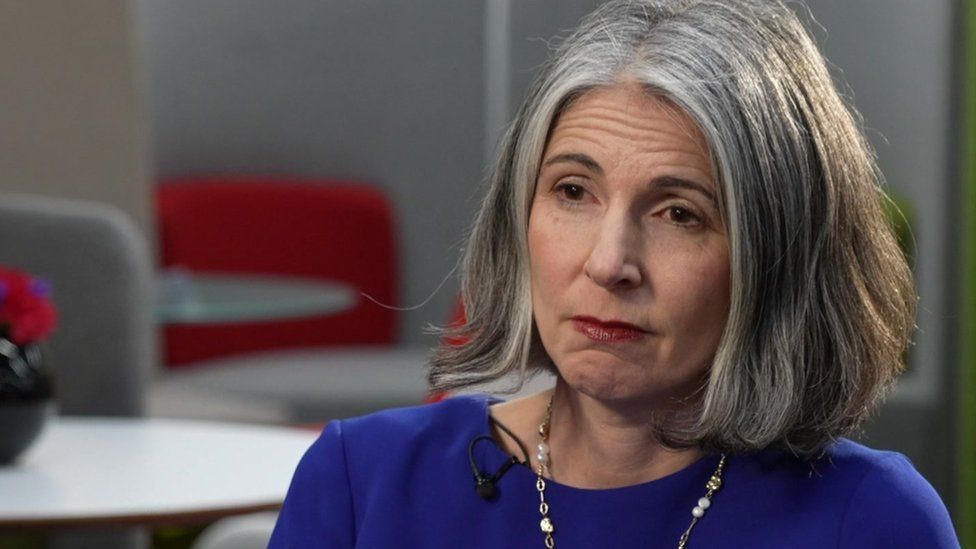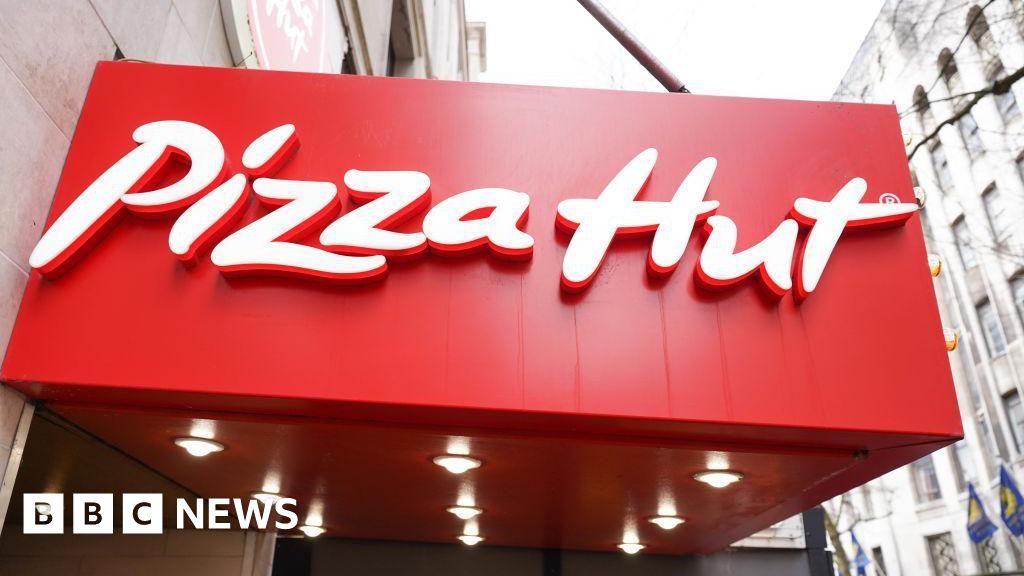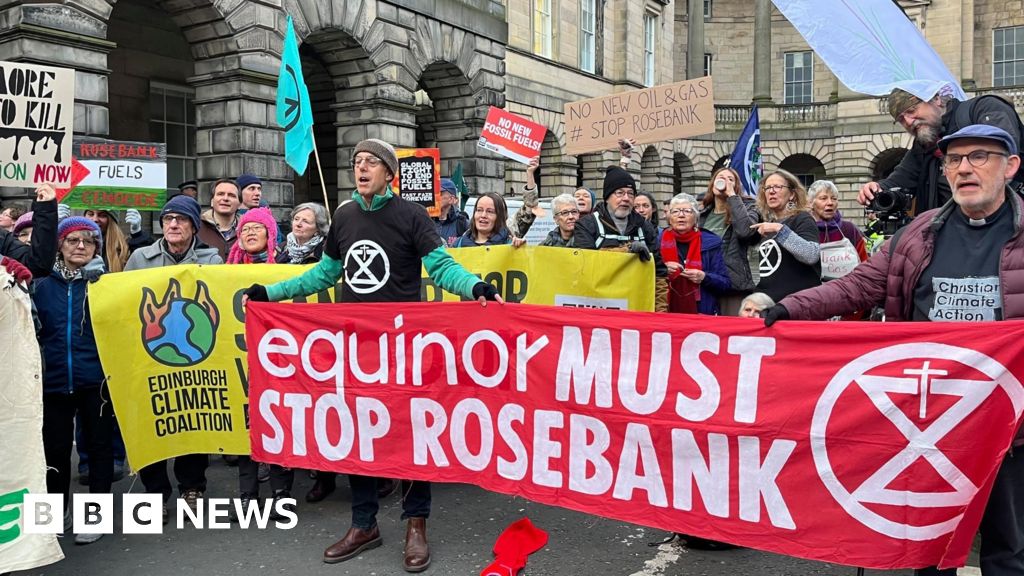ARTICLE AD BOX

Rain Newton-Smith started as the CBI's new chief executive on Wednesday
By Michael Race & Simon Jack
Business reporter and Business editor, BBC News
The new CBI boss raised concerns over sexual harassment when she was in a senior role at the group, she has said.
"Whenever I have seen sexual harassment, I have acted and I raised those issues," said Rain Newton-Smith.
The revelation comes after the CBI admitted on Monday it hired "culturally toxic" staff and failed to fire people who sexually harassed colleagues.
But Ms Newton-Smith, who has been appointed to save the group, said she didn't feel there was a toxic culture.
"That's not how it felt when I was here, but at the same time I, like everyone else, have read the stories of the survivors of rape in the papers from the outside, and I know that something has gone badly wrong," she told the BBC.
The future of the CBI, which claims to represent 190,000 businesses and lobbies the government on their behalf, is in the balance after the Guardian newspaper published claims of workplace misconduct, harassment and sexual assault, including two allegations of rape.
The embattled lobby group has said it dismissed a number of people following an investigation.
Ms Newton-Smith started her new role on Wednesday, in a return to the CBI where she was previously chief economist for almost nine years.
The new director-general was also on the CBI's executive committee during the time of the misconduct allegations.
An investigation by the law firm Fox Williams, commissioned by the group following the emergence of claims, found a failure to act allowed a "very small minority" of staff to believe they could get away with harassment or violence against women.
It added there was also failure to sack offenders which led to a reluctance among women to formalise complaints, but the report said it did not receive information that the senior leadership within the CBI "had any awareness of the allegations" prior to the Guardian publishing them.
But in her first interview in the new role, Ms Newton-Smith, who said she would not speak about specific incidents, said when she had seen sexual harassment or if any staff member approached her she "acted".
"When I did see things, I acted on them and I supported staff who needed to raise them, and I think that's critically, absolutely critically important," she added.
"I wouldn't be coming back into this job if I thought there were things that I had done or hadn't done or hadn't acted thoroughly on it. So that's what's really important to me."
Membership exodus
As the allegations emerged about misconduct at the CBI, dozens of its member firms have either terminated memberships or suspended any activity with the organisation.
There has been a mass exodus of members with household names quitting, including John Lewis, BMW, Virgin Media O2, insurers Aviva, Zurich and Phoenix Group, banking firm Natwest, credit card company Mastercard; B&Q owner Kingfisher and media firm ITV.
Other companies have said they are "pausing" their engagement with the lobby group while many more called by the BBC are yet to comment on their standing.
The government has also suspended any activity with the lobby group, and Chancellor Jeremy Hunt has said there is "no point" engaging with the CBI when its own members had deserted them.
What is the CBI?
The CBI - the Confederation of British Industry - is one of the UK's most prominent lobby groups and, according to its former president Paul Drechsler, was instrumental in protecting millions of jobs during the Covid pandemic by helping the rapid roll-out of the furlough scheme.
The CBI campaigned against Brexit. Once the UK voted to leave the European Union, it lobbied the government to secure a trade and co-operation agreement.
Another function of the CBI is to promote and share best practice among its members.
Founded in 1965, today it employs around 300 people. Its director generals have been predominately male with the exception of Dame Carolyn Fairbairn, who led the group between 2015 and 2020 and now Ms Newton-Smith.
CBI president Brian McBride, who with the board of the CBI has appointed Ms Newton-Smith, has pledged to implement all of the recommendations of investigators.
But some have questioned whether the new director general, being a former employee and executive committee member, is the right person to lead the organisation through the scandal.
Asked how long she had to turn around the CBI, Ms Newton-Smith said: "We definitely have an urgent platform. We know we have to earn back that trust over the coming weeks and months. That is critical."
She said that the group had set itself a deadline in "early June" to call back its remaining members for an emergency meeting and update them on the progress made. The CBI has suspended all of its policy and membership activities until that month.
But the new boss warned: "I am not for a moment saying that the rebuild of our culture and our organisation is going to be complete by early June.
"But what I need to do and show is that we have done enough to earn back trust from businesses.
"People are hurting in this organisation and they also need time to heal. My plea to businesses is these things take time."

 1 year ago
37
1 year ago
37








 English (US)
English (US)